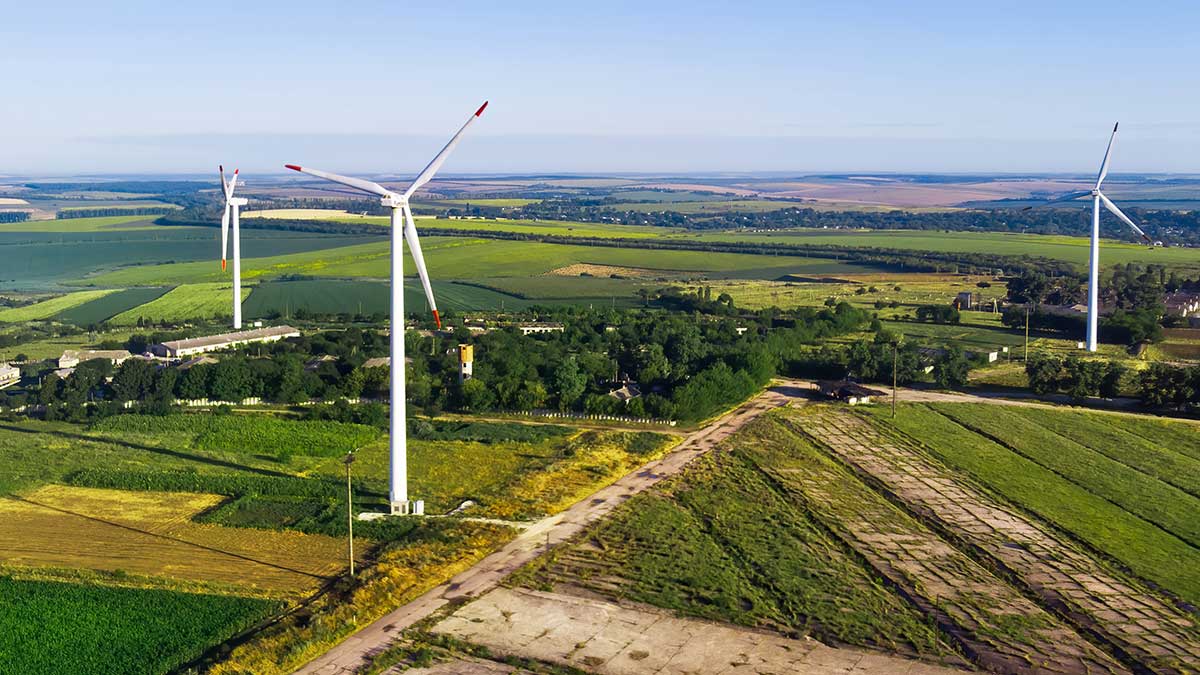Some of these energy sources include solar energy, wind energy, geothermal energy obtained from thermal waters, and bioenergy derived from plant and animal waste, as well as wave and tidal energy. These energy sources fall under the category of renewable energy since they naturally replenish. When these energy sources are utilized, carbon emissions are low, making them low-emission and environmentally friendly.
Due to the diminishing availability of energy sources such as petroleum and natural gas worldwide, countries are shifting towards the use of clean and renewable energy. Under sustainability policies, clean energy projects are supported as cost-effective and reliable methods to meet energy demands. Furthermore, clean energy use plays a crucial role in combating the global issue of climate change.
In Turkey, similar to other countries, large-scale projects are carried out to promote clean energy use. By adhering to policies agreed upon at international meetings, as well as developing its own policies, Turkey works towards making the world more sustainable and livable today and in the future. In this regard, projects initiated by countries and NGOs are crucial for spreading awareness, which ultimately increases the success rate of policies.
Clean Energy Use and Resources in Turkey
In Turkey, the initial steps towards clean energy and renewable energy began with the Renewable Energy Law enacted in 2005. Between 2011 and 2020, the National Renewable Energy Action Plan (YEEP) was implemented within the framework of EU harmonization laws.
In 2013, Turkey managed to achieve renewable energy production above the global average at 29%. By 2015, Turkey reached a renewable energy production level of 32.5%. According to Turkey’s clean energy policies, it is targeted that 22% of total electricity produced in 2023 will come from hydroelectric, and 16% from renewable energy sources.
The clean energy sources utilized in Turkey include hydroelectric, wind power, solar energy, and geothermal energy. Due to Turkey’s geographical conditions and natural resources, the country has a significant potential for renewable and clean energy production. Transitioning the country’s energy consumption from coal, natural gas, and petroleum to clean energy sources will not only reduce dependence on external resources but also help protect the environment.
Green Energy Potential in Turkey
It is widely known that Turkey has great potential in clean energy, but it has not yet fully utilized this potential. However, thanks to ongoing efforts and projects, significant progress is made in energy production and use over time. Raising public awareness and encouraging the use of clean energy is important for the country’s future and economic development.
Investments in green energy, also known as renewable energy sources, are increasingly visible in both individual and public sectors in Turkey. Country policies continue to support investments in new and renewable energy. In 2022, wind energy reached the 53% level in Turkey.
If you wish to support Turkey’s green energy initiatives, changing some of your habits and making small investments can be sufficient. Installing systems suitable for solar energy usage in gardens, farmland, and rooftops is among the primary steps. Moreover, if you produce more energy than your consumption, it is legally possible to sell the surplus.
Individually, reducing carbon emissions and using clean energy can also be achieved by using electric vehicles. For short-distance trips, using BinBin electric scooters reduces fossil fuel consumption and decreases your carbon footprint through green energy use.






